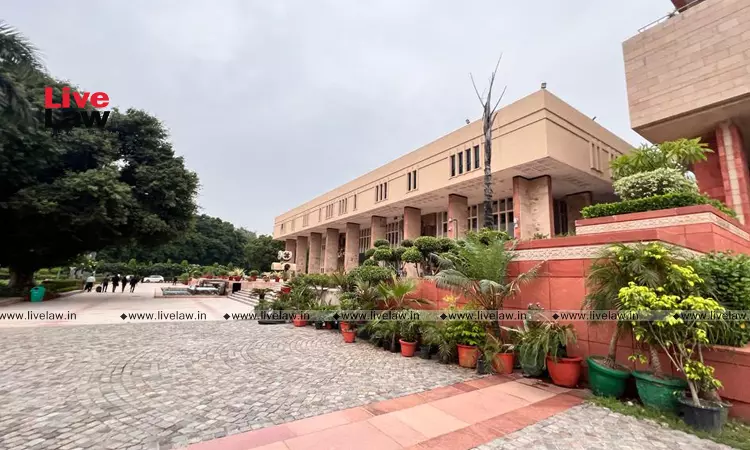The Delhi High Court has issued practice directions to ensure that anonymity and confidentiality of the prosecutrix or victim of sexual offences is strictly maintained in all filings.This comes pursuant to a judgment delivered by Justice Anup Jairam Bhambhani in April in the case titled Saleem v. The State of NCT of Delhi & Anr. In the verdict, Justice Bhambhani held that there is...

